1. “Dyn-o-mite!” – Good Times
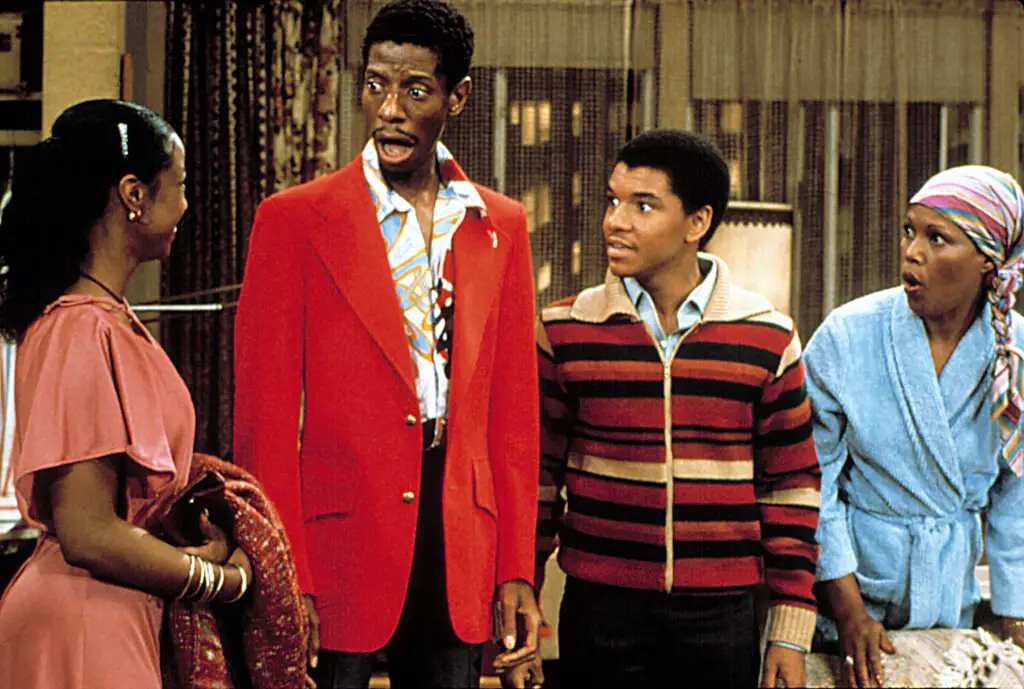
Jimmie Walker’s character, J.J., made this catchphrase iconic, but it relied on a stereotypical portrayal of an African American teenager, playing up exaggerated gestures and expressions that could now be seen as a caricature.
2. “Sit on it!” – Happy Days
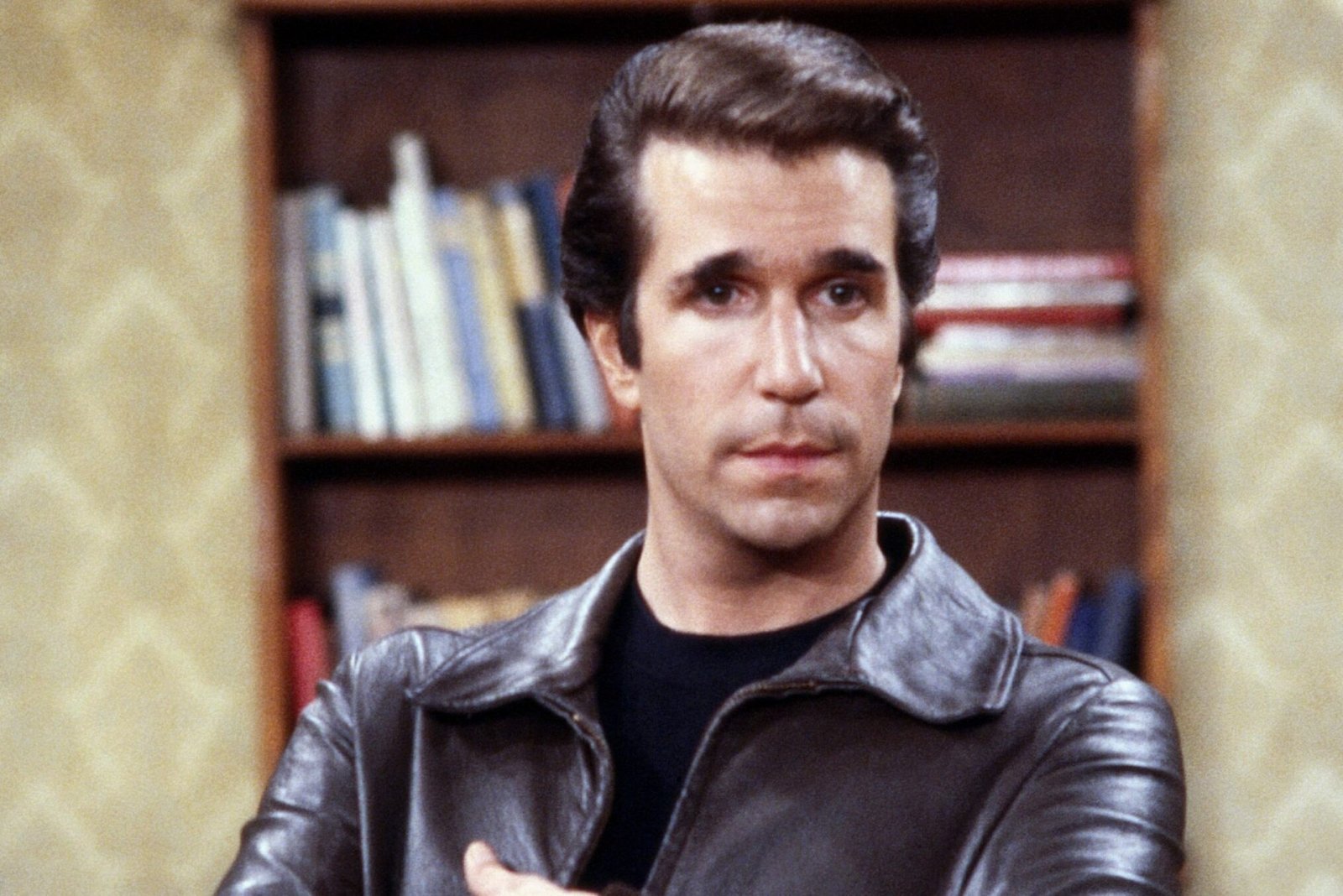
This was a go-to insult in Happy Days, especially from characters like Fonzie. Though relatively tame, the phrase was used to belittle others, which might feel like it’s promoting casual verbal bullying by today’s standards.
3. “Ain’t that a kick in the head!” – The Dean Martin Show
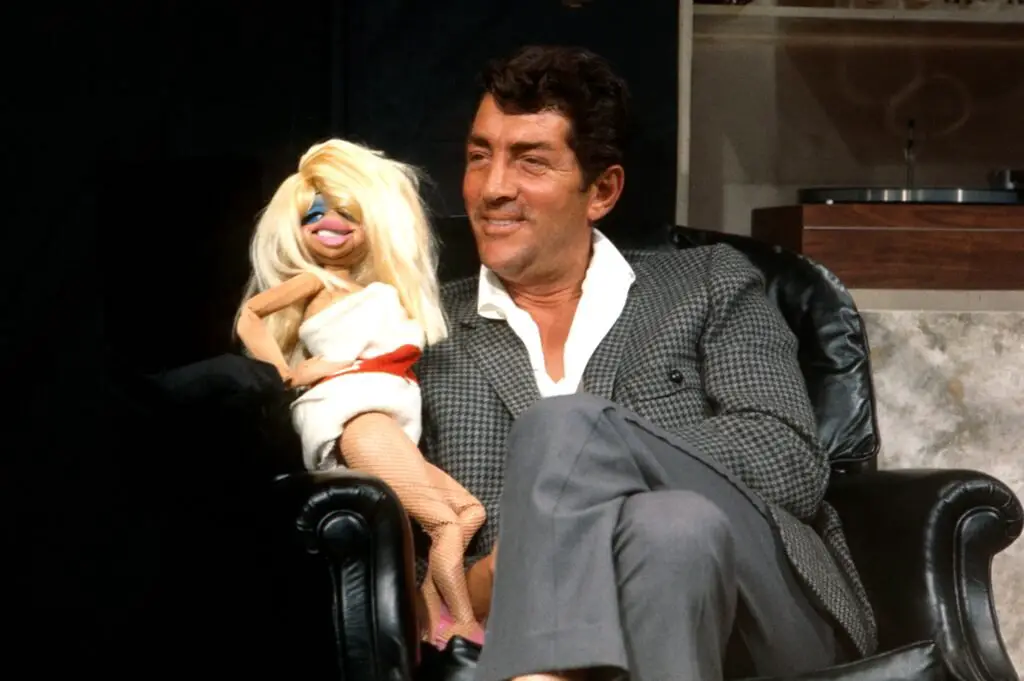
Dean Martin would often use this phrase in various skits, but it also evoked old-school Hollywood machismo that could be interpreted as insensitive to issues of consent and boundaries today.
4. “Up your nose with a rubber hose!” – Welcome Back, Kotter
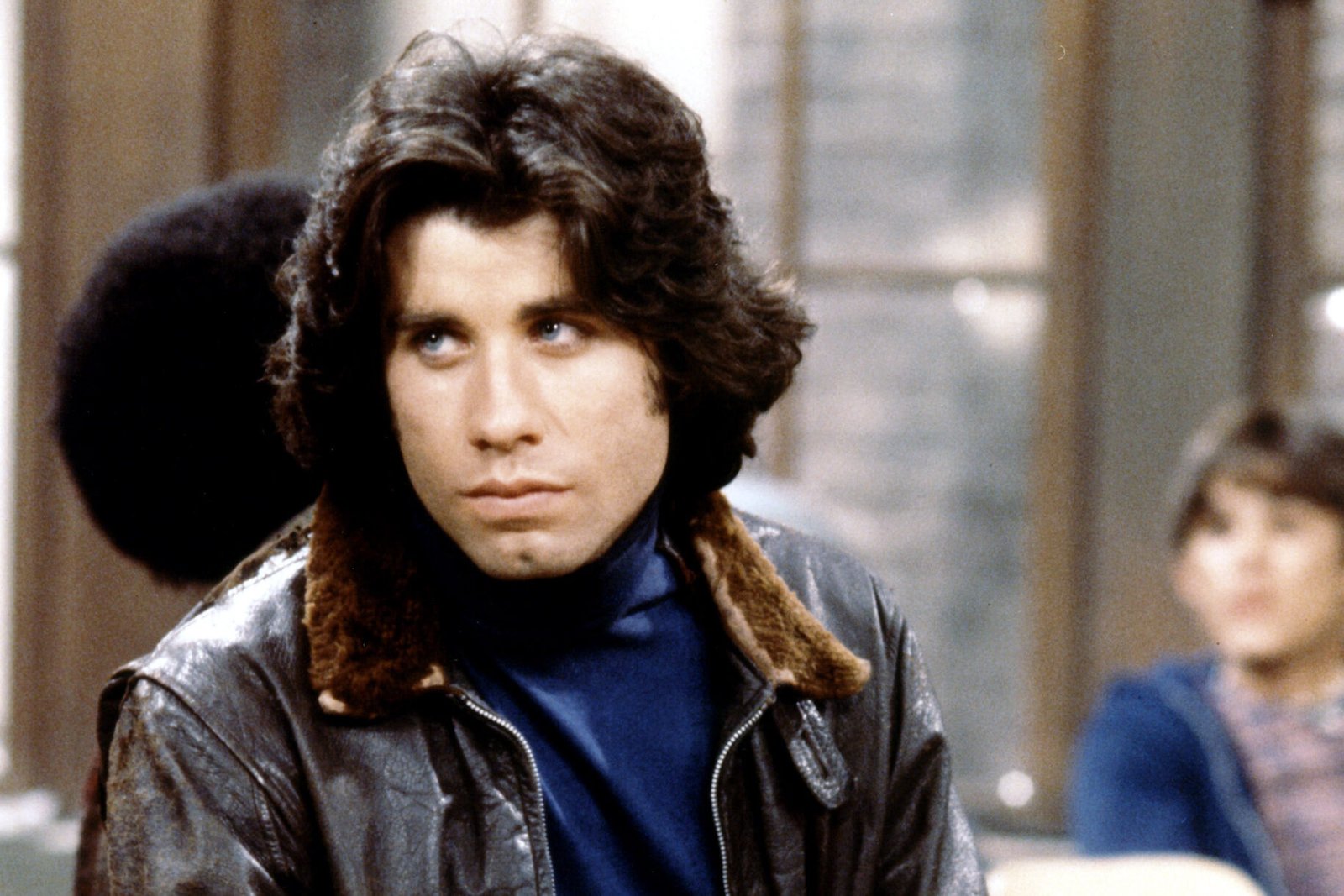
This quirky insult by Vinnie Barbarino (John Travolta) was a playful jab in its time. However, today, mocking people in a school setting would be seen as promoting a culture of teasing and bullying.
5. “Whatchoo talkin’ ’bout, Willis?” – Diff’rent Strokes
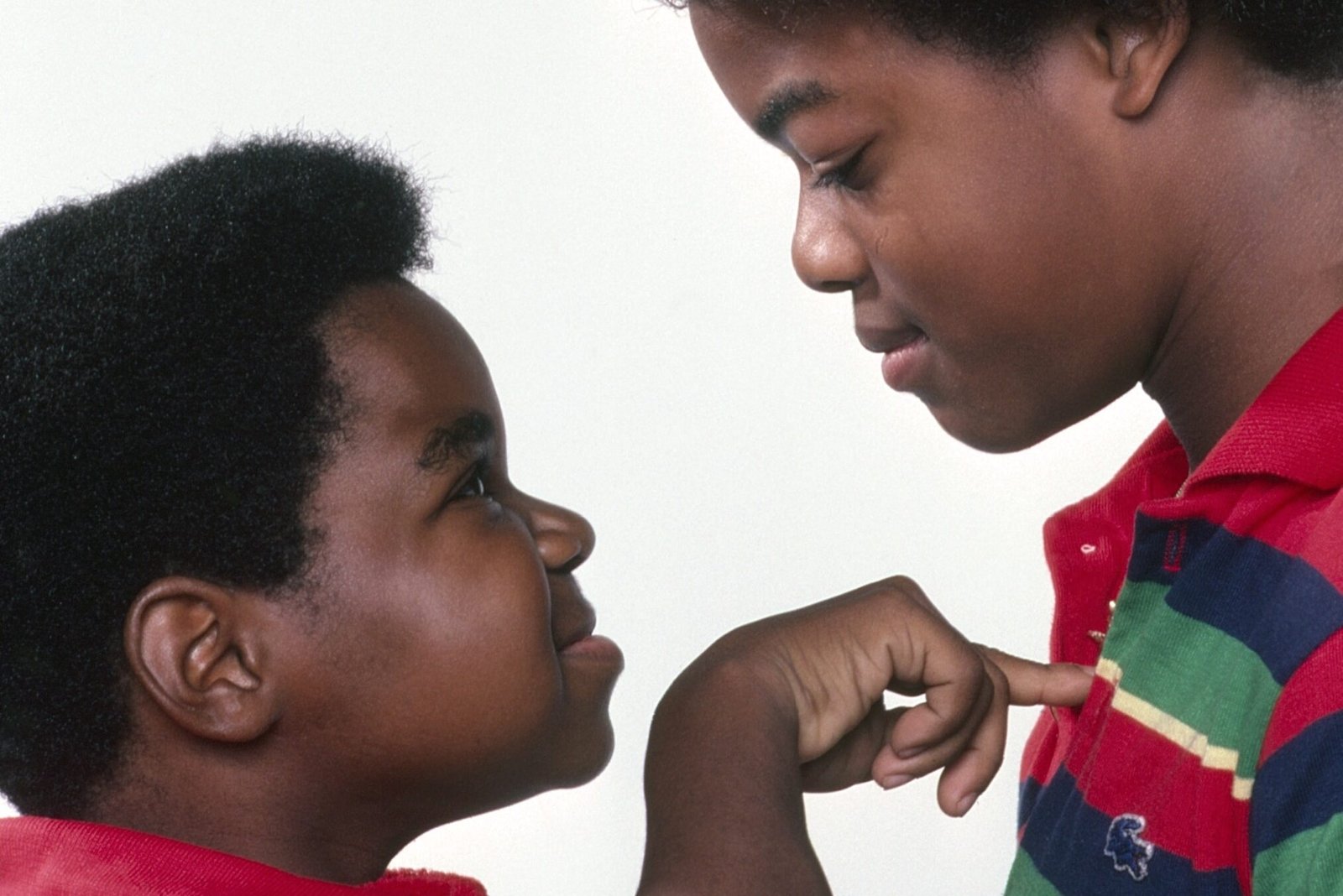
Arnold’s catchphrase might seem innocent, but the “sassy Black child” stereotype it played into has since been critiqued for reinforcing limiting tropes in media representations of Black families.
6. “Kiss my grits!” – Alice
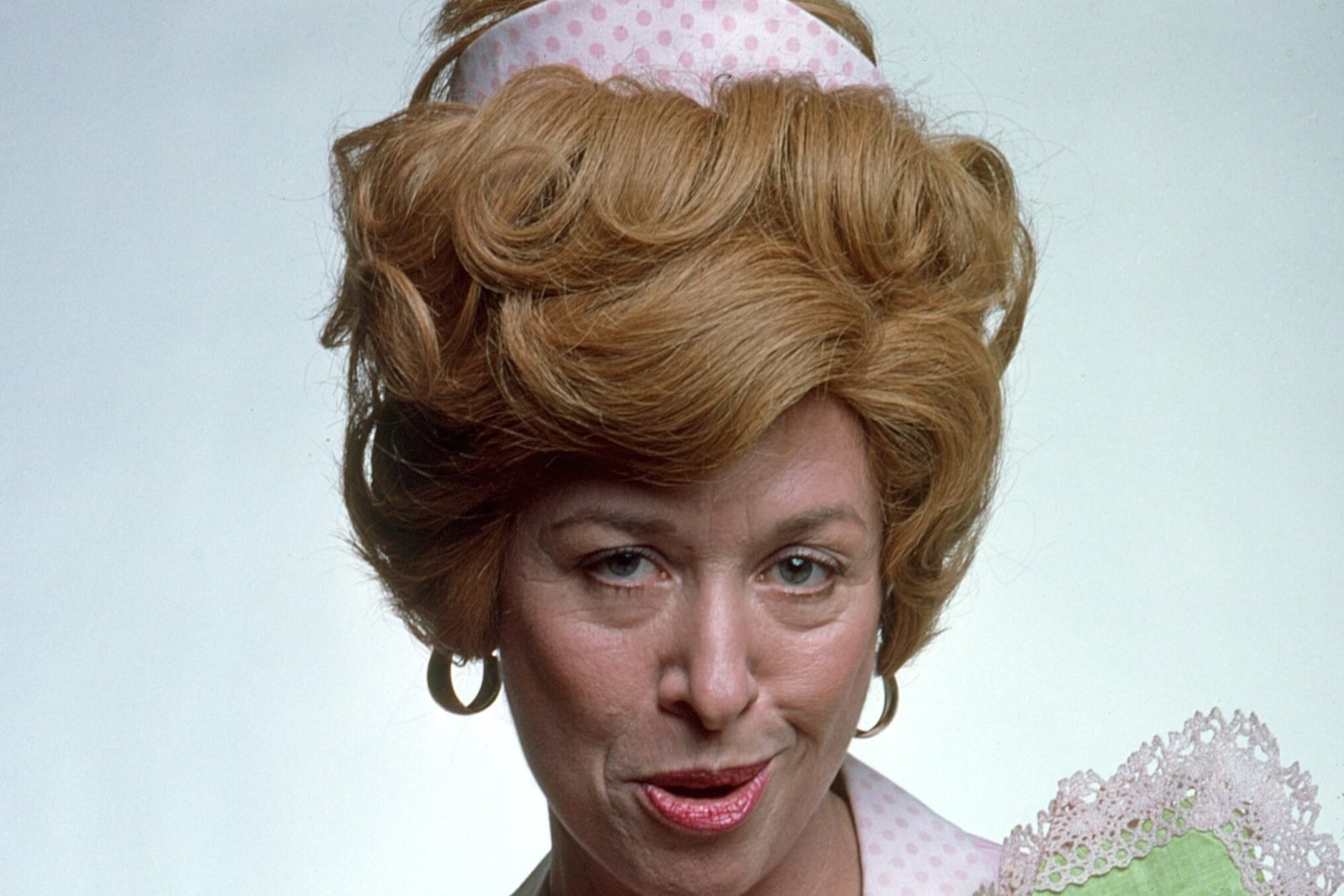
Flo’s infamous line was iconic for its sass, but in today’s workplace culture, her blunt, confrontational manner might come across as hostile or disrespectful, especially in a customer-service setting.
7. “One of these days… Pow! Right in the kisser!” – The Honeymooners
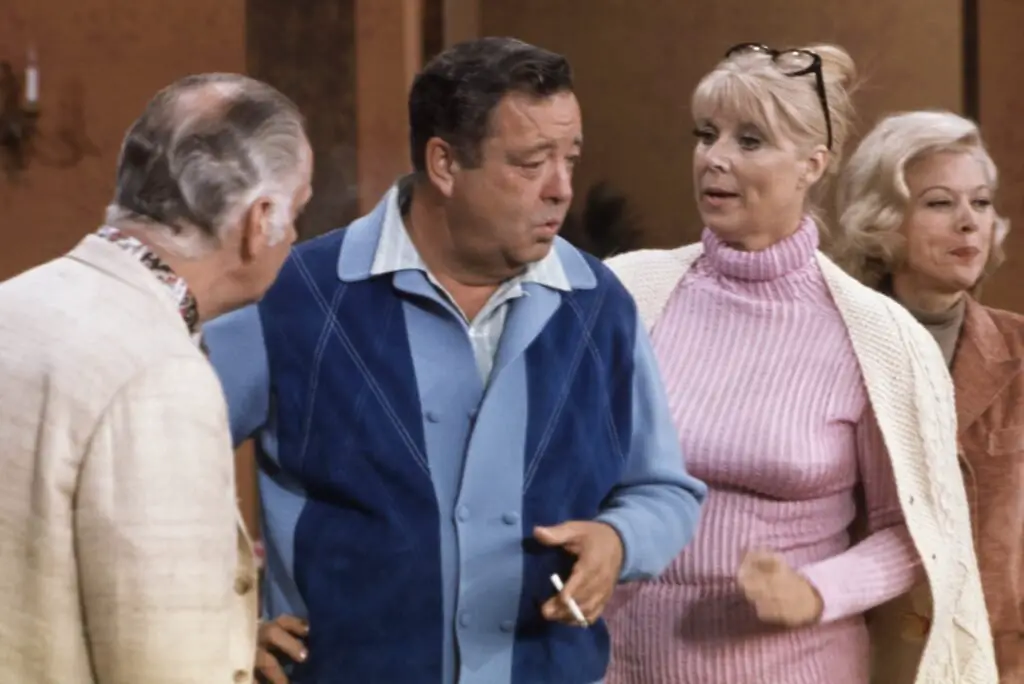
Ralph Kramden’s “threat” to send his wife “to the moon” would be unthinkable today. What was once viewed as harmless banter now reads as disturbing references to domestic violence, which audiences today rightly reject.
8. “I pity the fool!” – The A-Team
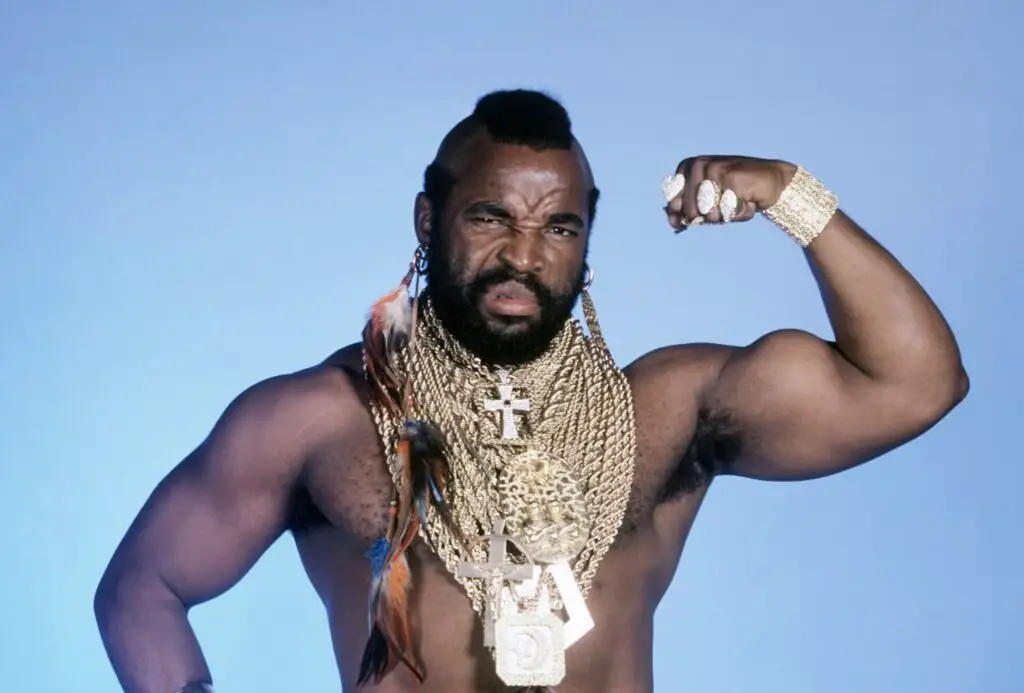
Mr. T’s famous line from The A-Team became widely quoted, but its condescending tone is less popular now. Many would see it as encouraging a dismissive attitude towards others’ struggles or intelligence.
9. “You bet your sweet bippy!” – Rowan & Martin’s Laugh-In
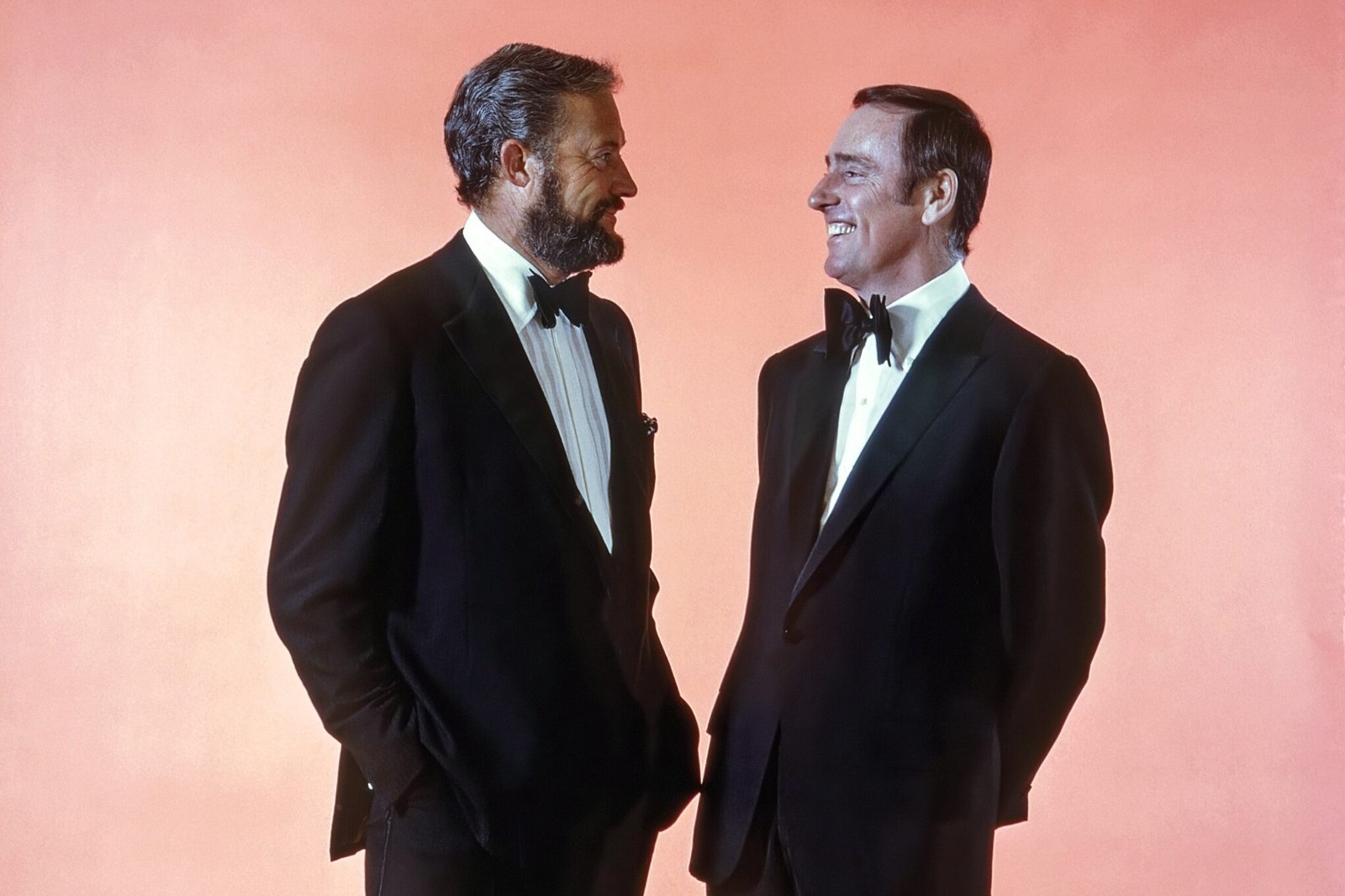
This catchphrase might seem silly, but it hints at objectifying language toward bodies. In a modern era of body positivity, this phrase would likely be considered uncomfortable, especially in a comedy show aimed at broad audiences.
10. “How’s your bird?” – Fawlty Towers
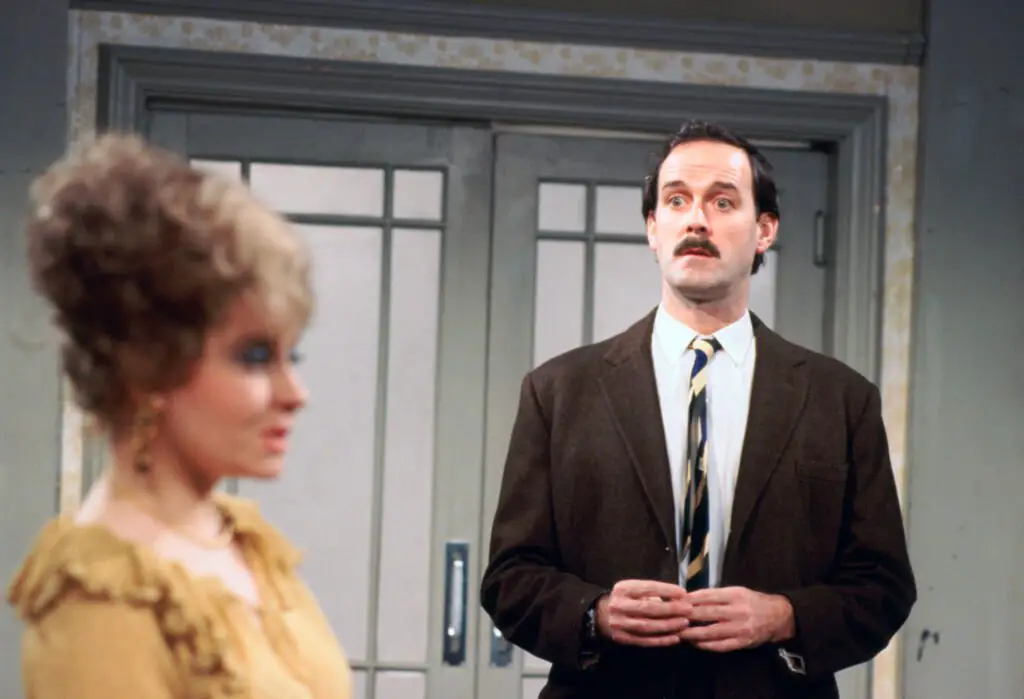
Basil Fawlty, played by John Cleese, used this phrase to insult guests. What seemed harmless then could now feel like it’s targeting specific people, creating a sense of exclusion rather than fostering humor.
11. “Here comes the judge!” – Laugh-In
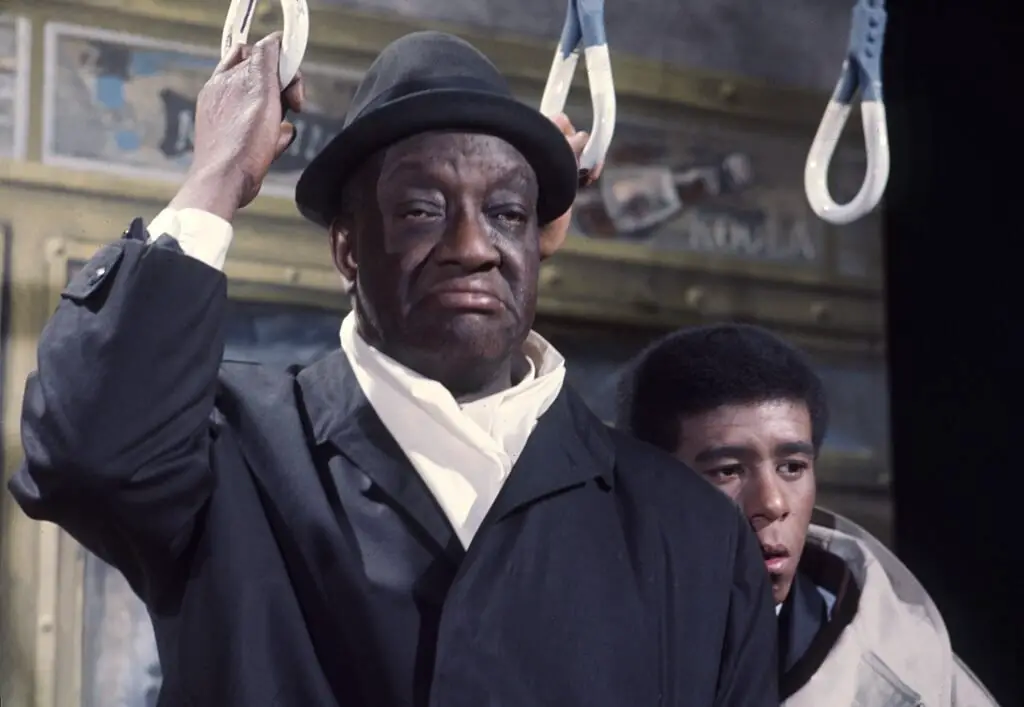
Comedian Pigmeat Markham popularized this line, but it was often used in a way that played on stereotypes of African American speech patterns. Today, it might raise concerns about mocking cultural speech for laughs.
12. “Stifle!” – All in the Family
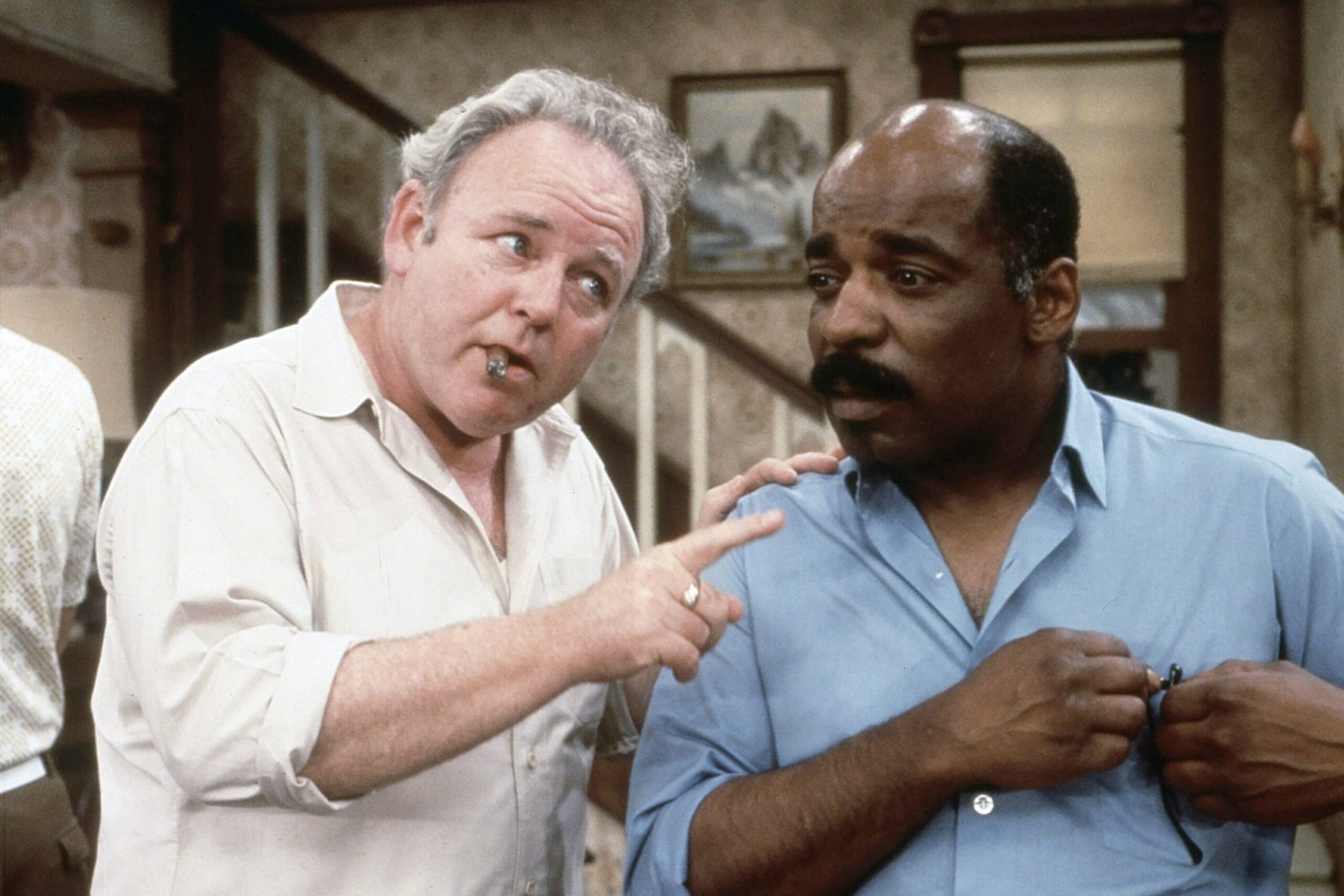
Archie Bunker’s blunt command for his wife to stop talking might have been funny in the ’70s, but it plays into dismissive, sexist tropes that are now widely critiqued as being disrespectful and silencing to women.
13. “I see nothing, I know nothing!” – Hogan’s Heroes
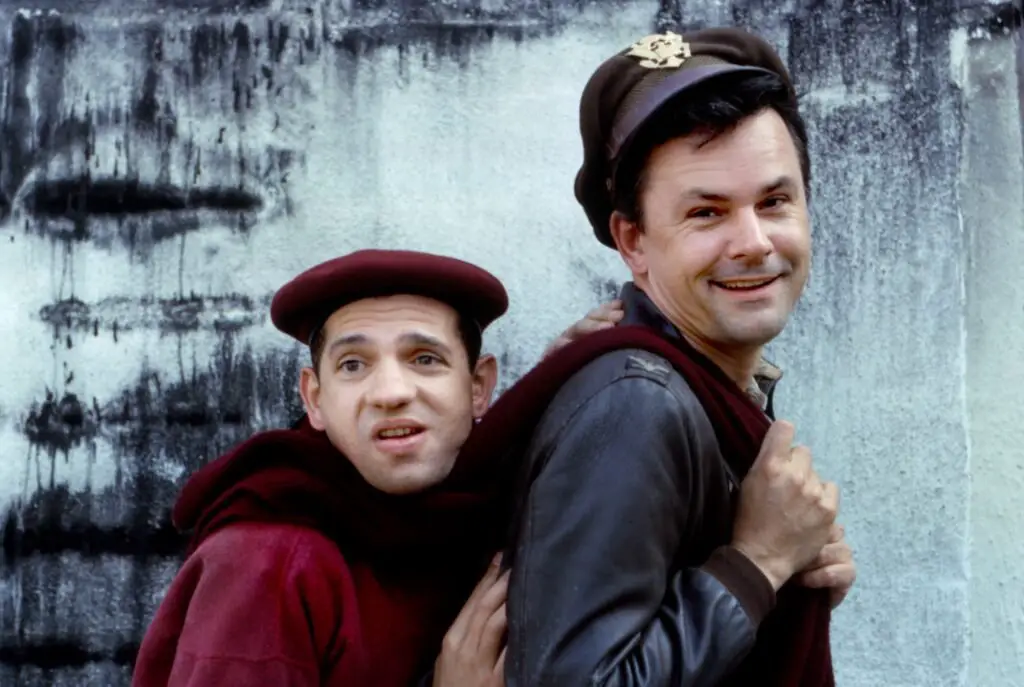
Sergeant Schultz’s famous line was a comedic staple, but it portrayed a German WWII soldier as lightheartedly ignorant of war crimes. Today, that casual tone about WWII history would likely face significant backlash.
14. “We’re not gonna take it!” – All in the Family
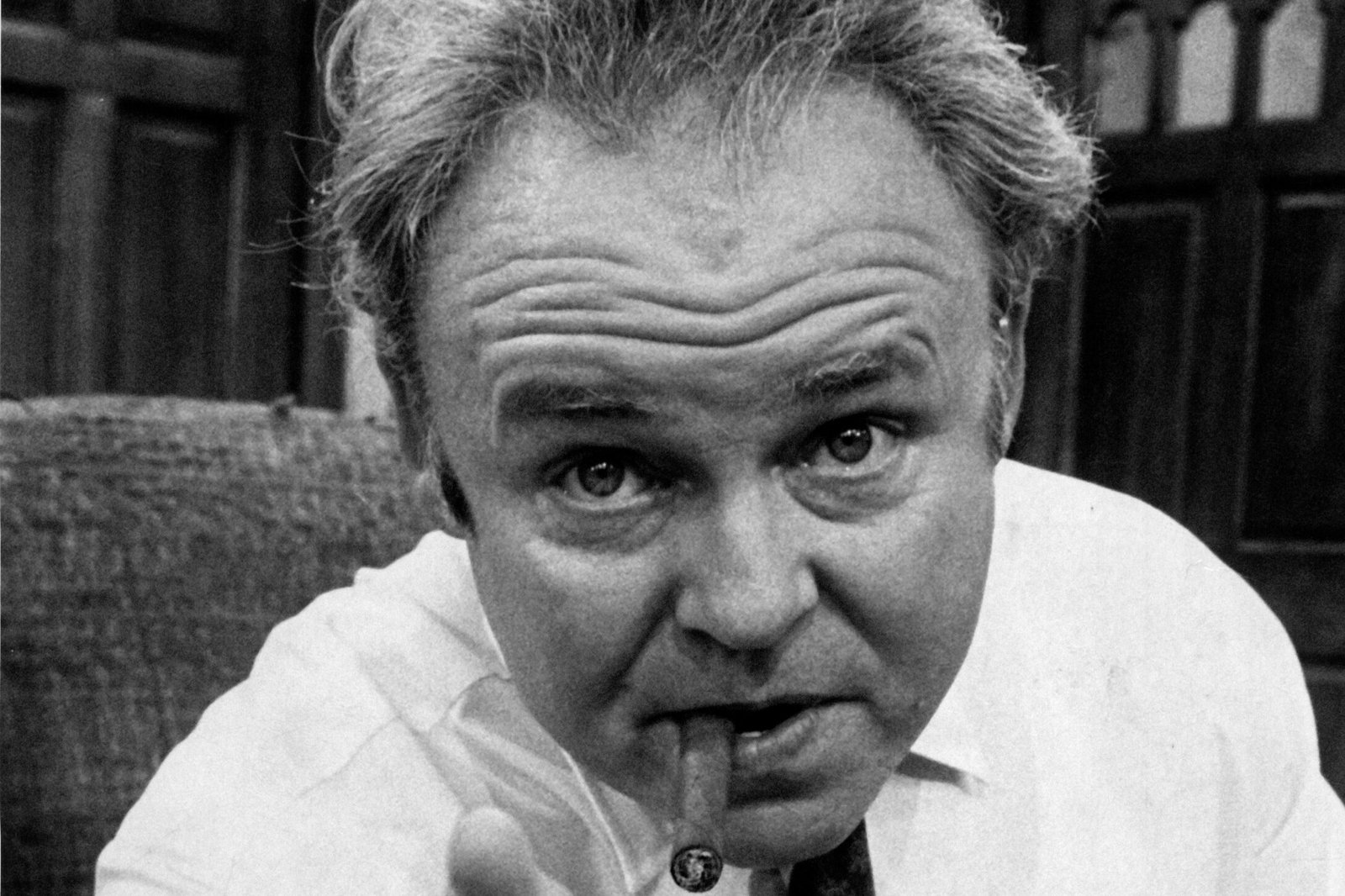
Archie Bunker would shout this line in response to societal changes, but he often did so from a reactionary perspective. Today, this sentiment might be seen as promoting intolerance or resistance to positive progress.
15. “Would you believe…?” – Get Smart
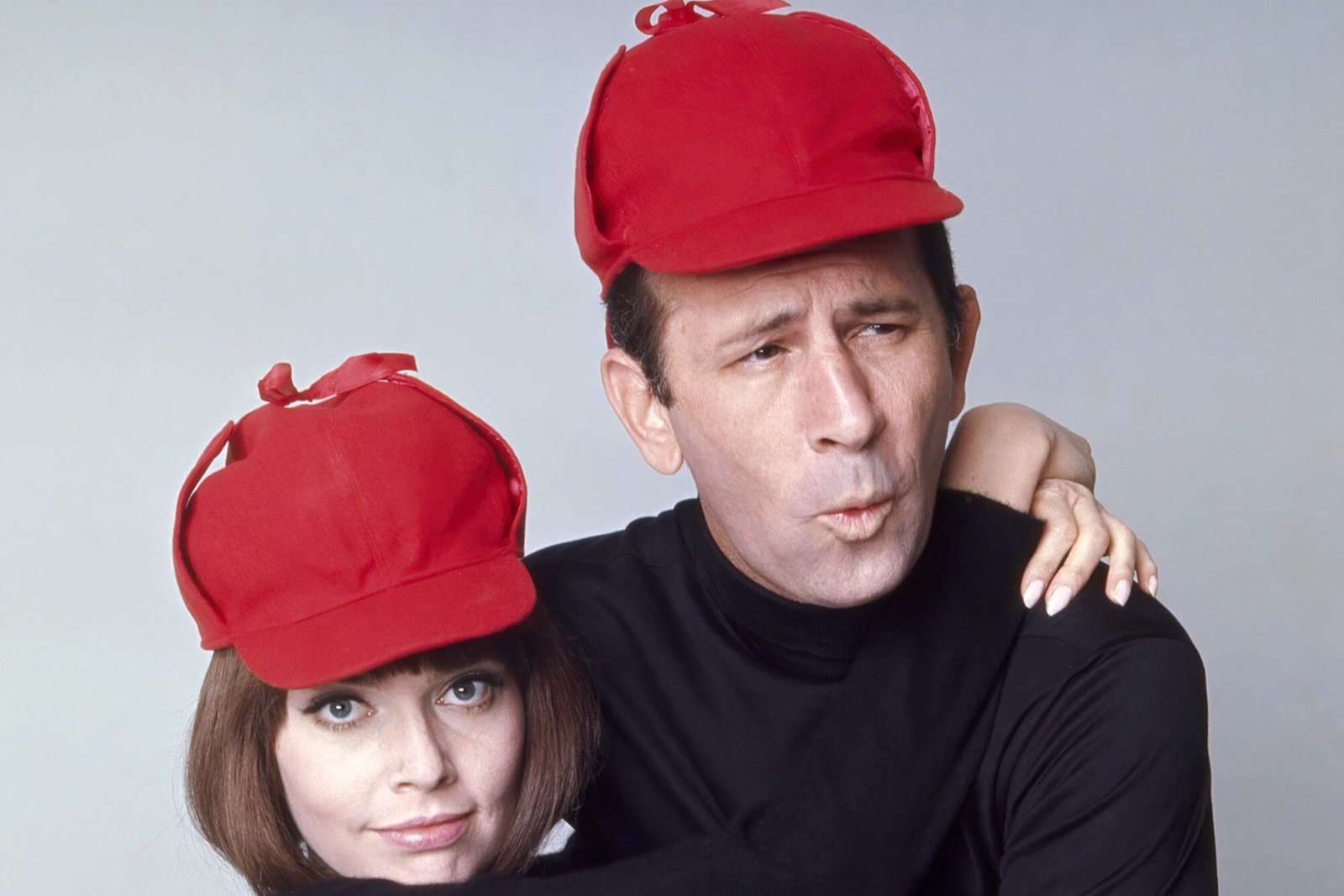
Agent 86’s line was funny for its exaggerated attempts to get others to “buy” his lies, but with today’s focus on truth and transparency, especially in media, a catchphrase about exaggeration could be seen as a promotion of dishonesty.


